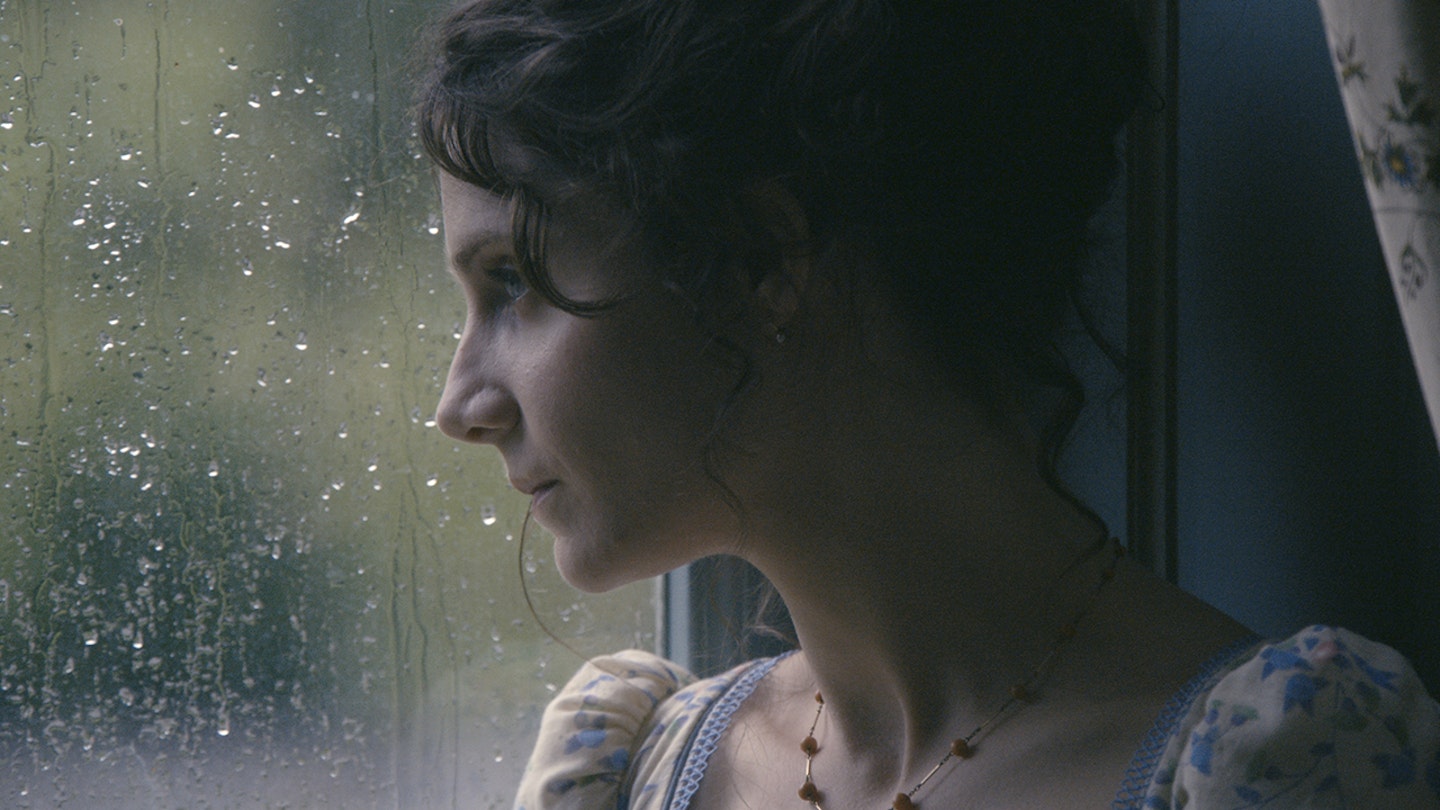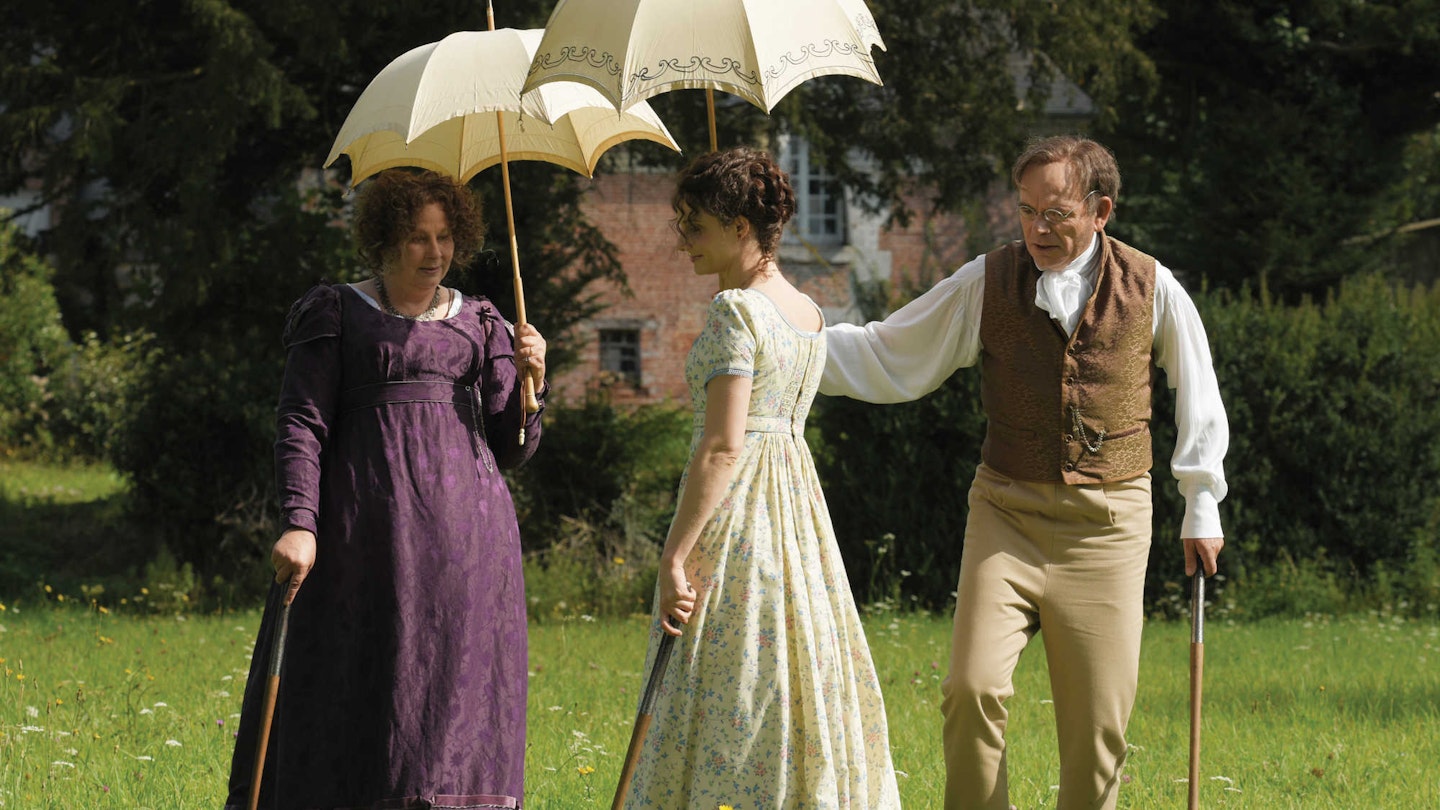In keeping with its unassuming title (translated from Une Vie, in its native French), there doesn’t initially seem to be much to Stephane Brizé’s period drama. Long wordless scenes show characters gazing out of rainy windows, there are tranquil games of croquet, and, at one point, an argument about fire wood breaks out. But just as in The Measure Of A Man – Brizé’s Cannes-storming 2015 breakthrough about a middle-aged security guard forced to spy on his colleagues — A Woman’s Life finds poignancy in the everyday, offering another quietly furious (and mostly effective) look at how societal forces shape and warp a person’s existence.

Brizé finds poignancy in the everyday.
The basic plot closely follows the 1883 Guy de Maupassant novel the film is based on. In 1819, a young aristocrat called Jeanne (Judith Chemla) lives a blissful but cloistered life with her kindly parents at the family’s coastal chateau in Normandy. Then comes Viscount Julien de Lamare (Arlaud), a dashing young nobleman who wins her hand in marriage, moves in and slowly reveals himself to be miserly, cruel and insatiably adulterous.
It’s a poor choice of husband that, over the course of three decades, leads to the slow unravelling of pretty much all she holds dear. And Brizé boldly chooses to only show us this accelerating tragedy from Jeanne’s perspective, which means that editing is enigmatic, replete with hazy omissions, sun-dappled, idyllic flashbacks and frequent time jumps. It’s a fairly audacious experiment that wrongfoots the viewer and asks interesting questions about the nature of memory, repeated mistakes and the unknowability of those we feel closest to.
It doesn’t always work — one late, tragic twist arrives so suddenly that it strains plausibility — but it lends the action a dreamy, sensual magnetism. And Chemla, who deftly portrays Jeanne’s aching earnestness and slow journey to maturity, is a luminous revelation.
